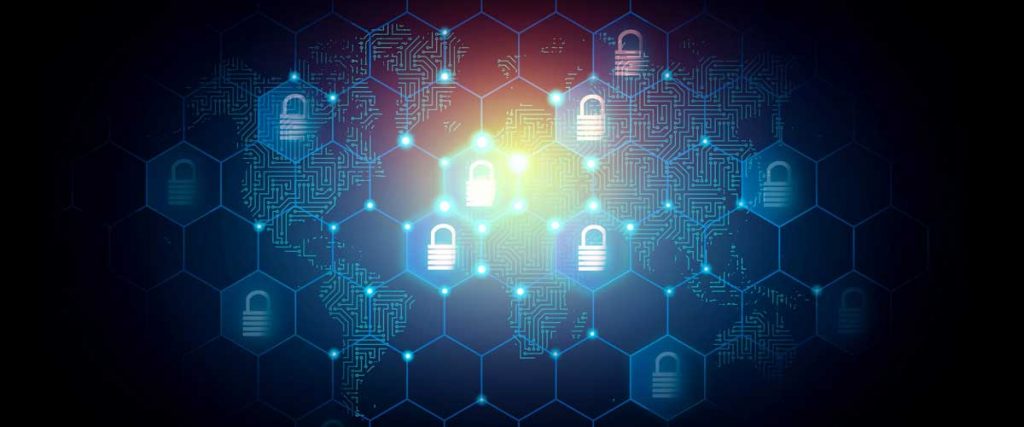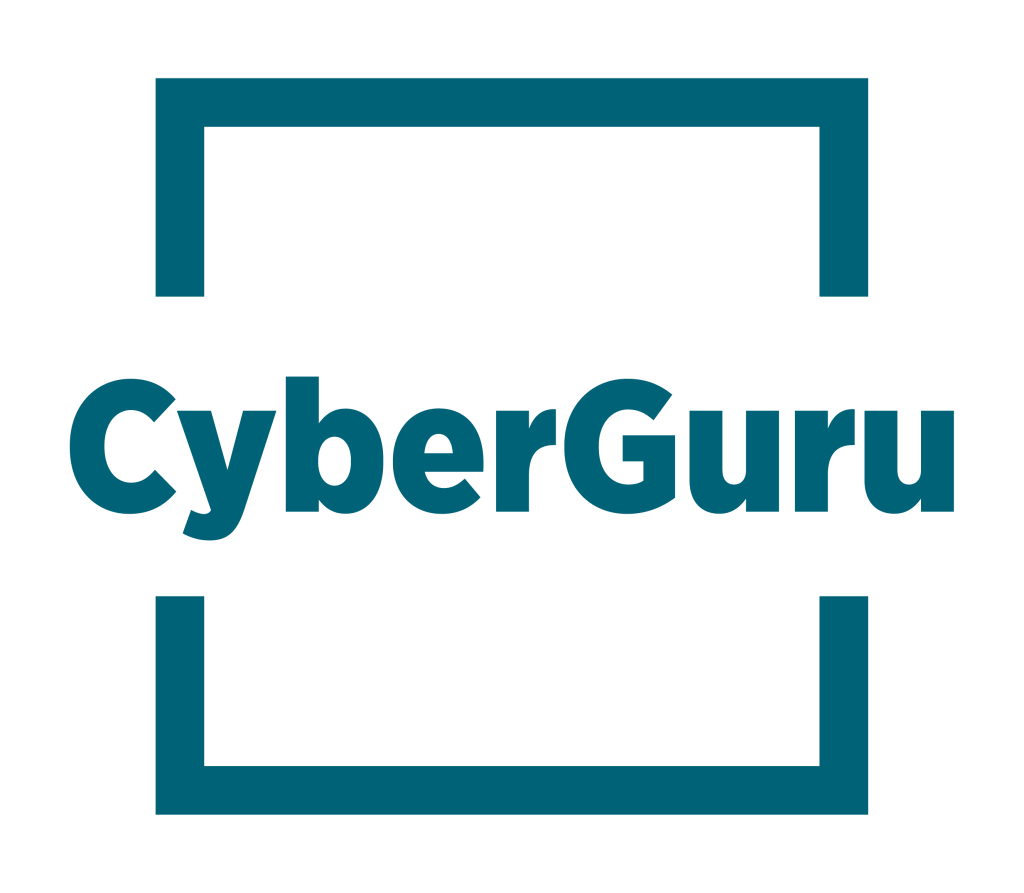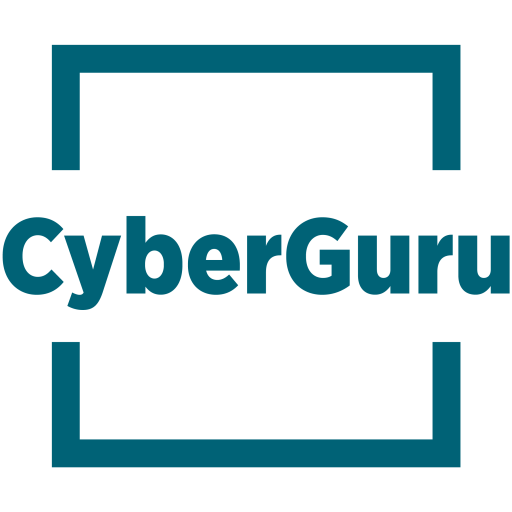
Over the course of COVID-19, we are seeing many people and organisations increasing their use of technology particularly for remote working and collaboration. Over the coming articles, we will be share important considerations when securing your ICT environment by enabling the various functionality in order to remain secure and protected.
We recommend you enable multi-factor authentication (MFA) on your cloud accounts such as Microsoft 365, if you haven’t done so already.
The purpose of MFA is to help protect you and your information, so if someone else has your login details (email address and password), that they won’t be able to login, unless they have the second form of identification, which is generally a randomly generated code or prompt that appears on a smart device for you to accept.
When you log in to online services such as Microsoft 365, you will be required to enter your password followed by a one-time code (generally a six digit number) from your mobile phone. This helps to ensure you are who you say you are. Many websites use this functionality such as Xero, myGov and online banking.
Once you have signed in using a trusted device for Microsoft 365, the MFA will begin to recognise you so you won’t be prompted each time you login, however if you go to an unfamiliar location or use a different device, you will be prompted with a code. However not all organisations have MFA set up in this manner. For example, with myGov you need a one-time code to login regardless of your location or which device you’re using.
As there are numerous technical considerations in setting up MFA, we advise that only highly experienced users attempt to set up MFA themselves.
CyberGuru can assist with implementing MFA and other security measures in your organisation. In addition, we provide consulting, support and training in the use of these as well as best practices to ensure you and your organisation can full advantage of technology.
If you have any questions, please feel free to contact us.


